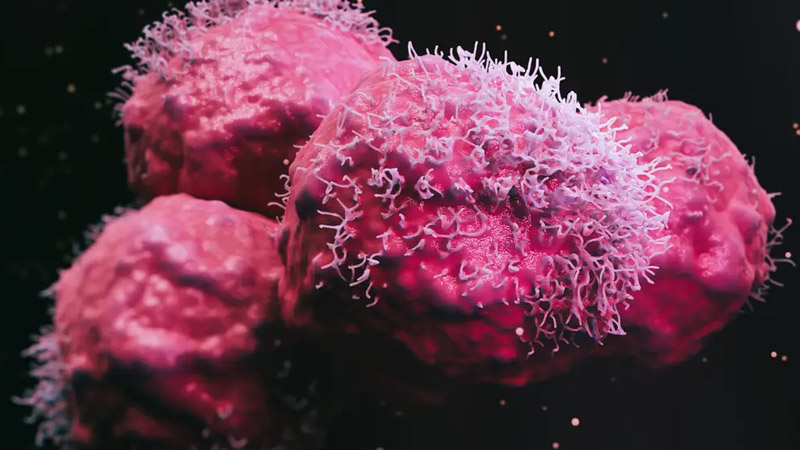A new vaccine designed to treat pancreatic cancer prevented the disease from returning in 50% of patients who received it, scientists reported today.
Pancreatic cancer is notoriously hard to detect and treat. It is widely known as a “silent disease” because symptoms, including abdominal pain and weight loss, often don’t arise until the cancer cells have spread to blood vessels and tissue, at which point treatment is difficult.
One recent case was “Jeopardy” host Alex Trebek, who died shortly after being diagnosed with stage 4 pancreatic cancer.
But what makes this form of cancer so aggressive is also what makes it a good candidate for this new treatment, The New York Times reported. Scientists at the German firm BioNTech developed a vaccine that can be tailored to each patient’s unique genetic makeup, to train their immune system to destroy pancreatic cancer cells.
In a small study published today by Nature, scientists said they tested the vaccine on 16 patients in New York City, and half of the patients were still remaining cancer-free after 18 months — a success for the trial.
The vaccine was custom-made from each patient’s mRNA
New York’s Memorial Sloan Kettering Cancer Center took tumor samples from 16 patients and sent them to Germany. There, a team of scientists at BioNTech — the company that co-developed COVID-19 vaccines with Pfizer — analyzed the proteins in each sample’s cancer cells.
Like the COVID vaccines, these utilized messenger RNA to instruct a patient’s immune system to destroy the cancer cells. The key difference was each vaccine was tailor-made to each patient’s mRNA.
The results were promising but not conclusive
Eight out of the 16 patients did not experience a relapse 18 months after the treatment. Even more encouraging, one patient’s new cancer growth in their liver disappeared in imaging tests after they received the vaccine.
Because the patients were also given chemotherapy and another cancer drug, it’s hard to say how much of an impact the vaccine alone had. And in the other half of the patients treated, the cancer returned after about a year.
Despite obstacles, custom vaccines may be the future of cancer treatment
Due to the customized development of each vaccine, “cost is a major barrier for these types of vaccines to be more broadly utilized,” Dr. Neeha Zaidi, a pancreatic cancer specialist at the Johns Hopkins University School of Medicine, told The New York Times.
Still, the rapid, nine-week development of these vaccines gives scientists hope. Moderna has also used personalized mRNA vaccines to treat skin cancer and sees this approach as the future of cancer care.


